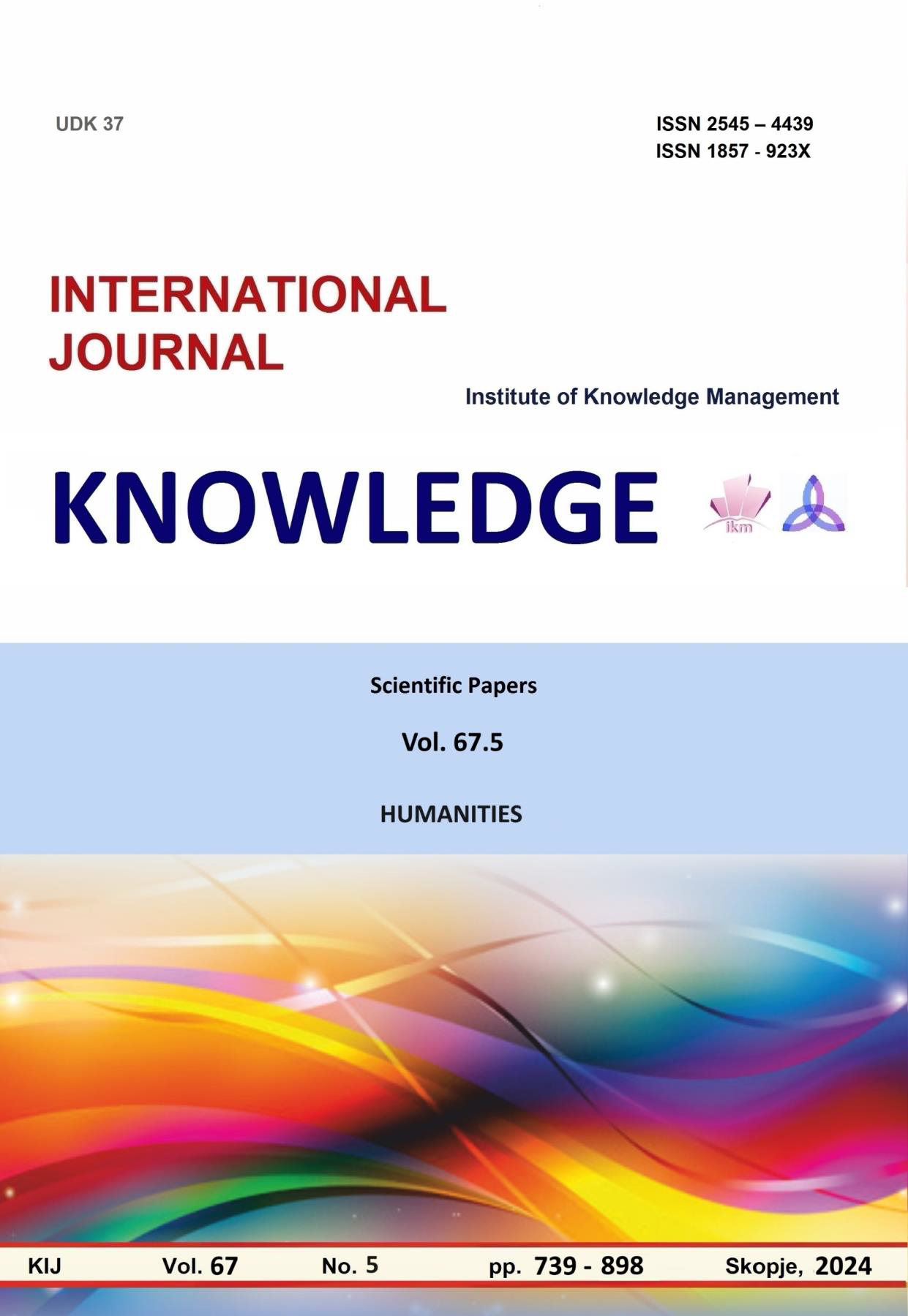ARTIFICIAL INTELLIGENCE AND THE FANTASY BINOMIAL: CREATIVE FAIRY TALE WRITING (BASED ON GIANNI RODARI) IN SECOND GRADE
ARTIFICIAL INTELLIGENCE AND THE FANTASY BINOMIAL: CREATIVE FAIRY TALE WRITING (BASED ON GIANNI RODARI) IN SECOND GRADE
Author(s): Irina Mishkova-Yotova, Tanya Ivanova KolarovaSubject(s): Social Sciences, Economy, Education, School education, ICT Information and Communications Technologies
Published by: Scientific Institute of Management and Knowledge
Keywords: Artificial intelligence (AI);fantasy binomial;primary education;Gianni Rodari
Summary/Abstract: The report presents an innovative pedagogical practice that utilizes artificial intelligence (AI) and the fantasy binomial method to develop creative thinking in second-grade students. By integrating AI into primary education, teachers can employ new tools for content creation, stimulating creative thinking, writing, and the learning process. In the described practice, students create fairy tales with the help of ChatGPT, allowing them to express their ideas and imagination. The fantasy binomial method generates unexpected word combinations, activating the imagination and provoking the creation of original stories by linking seemingly unrelated concepts. This technique encourages students to perceive the world in a more unconventional way, fostering their creativity and problem-solving skills. The combination of artificial intelligence (AI) and traditional educational methods offers students the opportunity to participate more actively in the learning process. Through this approach, they develop cognitive abilities by interacting with technology in a meaningful way. ChatGPT helps students enhance their storytelling skills by providing suggestions and feedback that stimulate their thinking and exploration processes. The fantasy binomial method, in turn, acts as a trigger for the imagination, challenging students to think creatively and beyond conventional boundaries. This improves their ability to generate original ideas and enhances their storytelling skills. Teachers play a key role in guiding students as they use AI-powered tools, ensuring that the learning process remains balanced between technology and personal input. The practice encourages collaborative learning, where both artificial intelligence and human input contribute to creating something unique and original. The dynamic interaction between students and AI helps build confidence in their writing abilities while also sparking greater interest in the learning process. Additionally, the use of AI offers opportunities for personalized feedback, supporting differentiated learning for students with specific needs and abilities. Along with fostering creativity, this method promotes the development of critical thinking and language skills. The application of artificial intelligence (AI) in the classroom leads to dynamic lessons, where students can interact with technology in real time, gaining new insights and refining their knowledge and skills. Teachers implementing this method provide a new way to engage students, keeping them motivated and curious. The introduction of technology creates a learning environment that prepares students for advancements in the digital age, teaching them how to integrate AI tools into problem-solving processes. The report highlights that the integration of artificial intelligence (AI) not only improves learning outcomes but also makes the learning process more enjoyable for both students and teachers. Results from conducted surveys show a positive reception of the innovative methodology, with students demonstrating increased enthusiasm for writing fairy tales. The described best practice offers an opportunity for further exploration of AI integration in education to enrich the learning process. According to the authors, this approach holds potential for application across various subjects to enhance the quality of primary education, making it more engaging and effective.
Journal: Knowledge - International Journal
- Issue Year: 67/2024
- Issue No: 5
- Page Range: 771-777
- Page Count: 7
- Language: English

